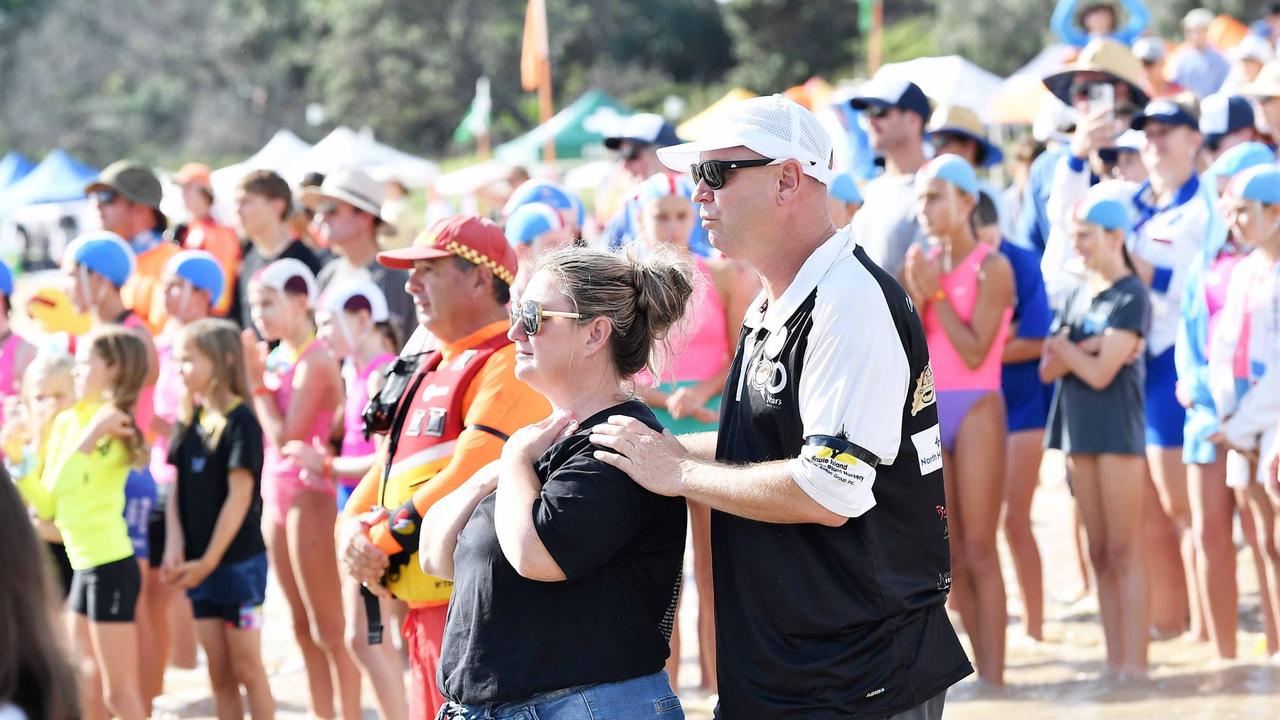Queensland Rail insiders not surprised Minister was kept in the dark about driver shortage
A PROBE into Queensland Rail’s leadership reveals a battle between newly appointed ‘outsiders’ and old-school ‘railway men’ who were put back at the helm in a controversial Newman government move.
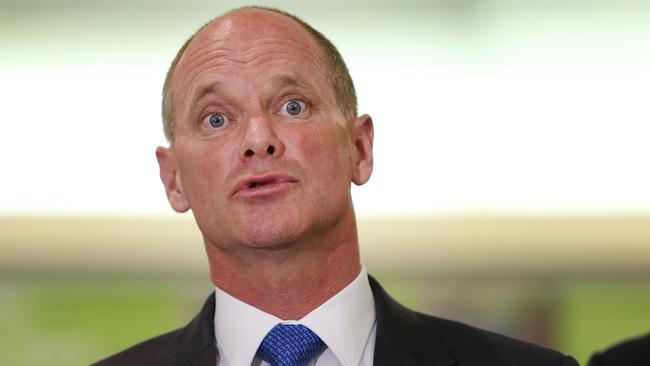
QLD News
Don't miss out on the headlines from QLD News. Followed categories will be added to My News.
- Transport Minister Stirling Hinchliffe resigns
- Queensland Rail report warns of years of train cancellations
- QR releases report into Christmas chaos
- Driver overtime doubled before new line
*This story was originally published on January 7, 2017.* A GROUP of old-school “railway men” recycled from more than a decade ago turned Queensland Rail into a virtual “chamber of secrets” ahead of the collapse of its Citytrain timetable.
An examination by The Courier-Mail of the rail body’s leadership dating back to the 1990s reveals a behind-the-scenes battle between newly appointed “outsiders” trying to shift QR into the 21st century and a group of men who joined as fresh-faced schoolboys and climbed the ladder, to finally secure $500,000-plus jobs.
The clash of cultures came to a head more than four years ago with a purge of staff with outside business experience in favour of old-time, career railway men.
Yet another management shake-up is now on the cards after the Palaszczuk Government was once more caught off-guard by crippling train crew shortages on Christmas Day.
Transport Minister Stirling Hinchliffe has repeatedly hit out at QR for not giving warning of the problems and providing misleading information about the extent of the issues in October.
“Frankly, I was misled. The answers I was given by Queensland Rail proved to be wrong,” he said then.
He also told Parliament that “the need to proactively and painstakingly extract information from an agency is a highly unusual position for the Minister to be in and speaks to the failure of management”.
Deputy Premier Jackie Trad has also struck out at QR, saying it provided “inconsistent” information to Government about train crewing resources and had a “bad culture.”
Her comments came after the lack of co-operation by QR with an inquiry into the timetable chaos prompted the Government in November to upgrade the investigation to a full commission of inquiry.
Many QR executives and managers interviewed byThe Courier-Mailare unsurprised the Government, and even QR’s own boss, were kept in the dark by senior QR executives about the “critical” driver shortages that paralysed the Citytrain network from late September onward.
Problems, one former QR manager says, are steadfastly handled in-house.
“The pattern of behaviour is they don’t escalate it to the Government. The last thing they want is some minister coming in and saying you need to do this and that,” he says. “It comes from a position of ‘we know what we are doing’ and they generally do get it right. But when it goes wrong it goes very, very wrong.”
While the Palaszczuk Government ignored obvious clues driver shortages were set to strike QR’s expanding rail network, the conditions allowing the problem to fester were founded years earlier.
QR had, since the 1990s, undergone aggressive changes aimed at boosting customer focus and business acumen by bringing in outsiders with corporate experience.
But a controversial move by the Campbell Newman-led Liberal National Party state government in 2013 “wound the clock back” to a bygone era by putting the “railway men” back at the helm, says one former senior QR executive, who asked to remain anonymous.
In August that year, the LNP overruled the QR board on its appointment of a new chief executive, issuing a ministerial direction to give the $500,000-a-year job to career railway worker Glen Dawe. QR board members Merren McArthur and Dawson Petie quit within days, though McArthur this week rejected it was linked to the appointment.
Dawe had not been among the top three short-listed candidates. He had, about a year earlier, become chairman of QR’s board but stood down to run for the top job.
LNP interference came despite a $209,155 global search for a replacement CEO after the departure of former chief Paul Scurrah in 2011.
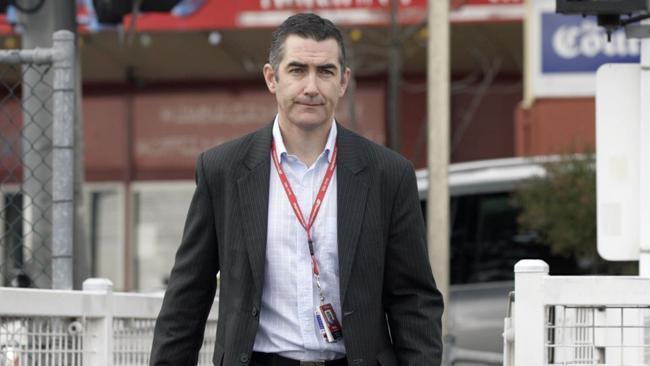
Former QR CEO Lance Hockridge, who left in 2010 to lead the privatised Aurizon, says while Government had the right to make decisions about QR, politicisation of key operating matters was a factor in creating a body “which over 155 years does not have a performance orientation”.
Newman had met Dawe more than a decade earlier while the two were involved in the grain industry. Born into a rail family, Dawe managed coal and main line freight at QR and had dealings with Newman’s client Grainco when they met, according to Newman.
“I got to know him and he was very good at his job,” Newman told Parliament in August 2013.
What was not mentioned then was that Dawe’s previous decade-long stint with QR ended in 2001 after allegations about his abrasive management style and an adverse mention in Parliament. A Parliamentary Committee had been investigating claims by a former QR employee that Dawe told him to withhold information from a 1996 Travelsafe Committee review into rail safety.
The staffer claimed he was told to drip-feed information and threatened with dismissal for refusing. An Ethics Committee investigation in 1999 found insufficient evidence to conclude Dawe obstructed the safety inquiry. But it found information from QR was not always “expeditious, forthcoming and direct ... as would have been expected of a public entity”.
It also found a lack of evidence to support claims Dawe attempted to deter prospective witnesses but that it was likely Dawe was “angry and confrontationist in his meeting” with the staffer.
Dawe, who did not return The Courier-Mail’s calls, lasted just six months as CEO before resigning in 2014 for “personal reasons”. His short reign was marked by hundreds of LNP-led job and cost cuts, including a one-pen-per-desk crackdown at the $6 billion organisation.
Multiple sources say Dawe’s confrontational style was well known, including allegedly thumping the table while speaking and yelling at staff.
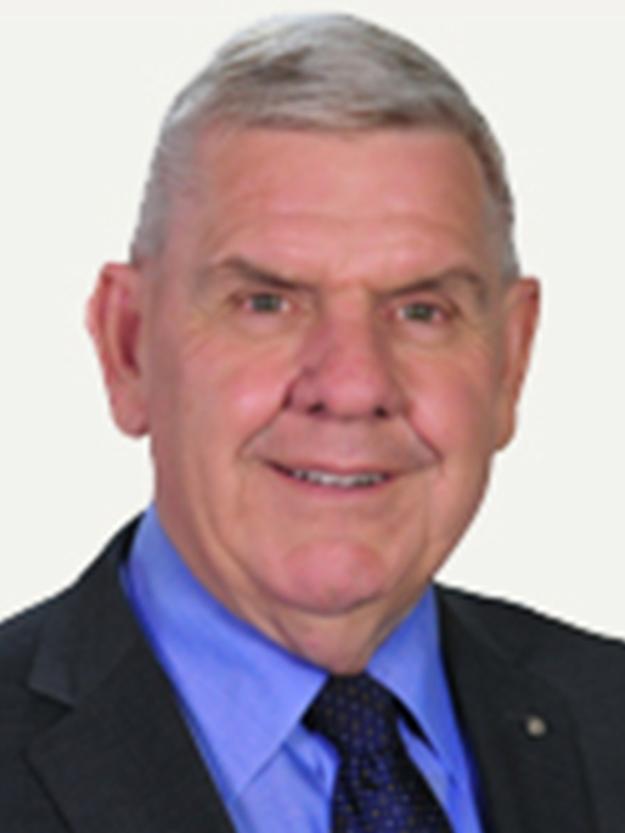
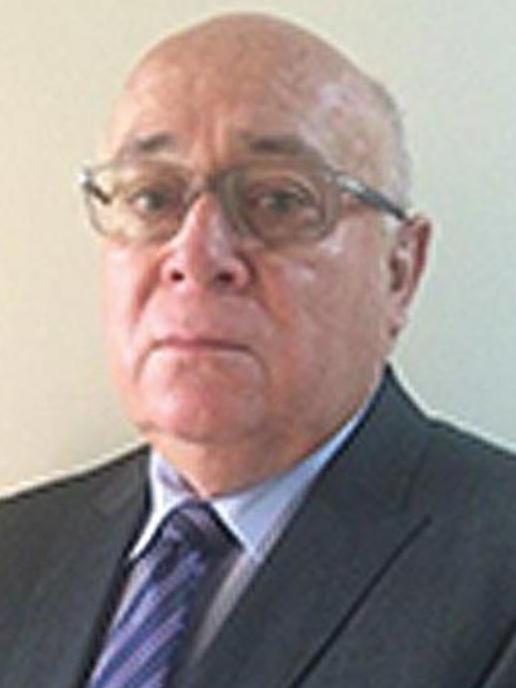
Dawe’s appointment to the Board and later as CEO, marked a changing of the guard back to what he himself described as the “railway men”, according to one former executive.
It also included long-time railway worker Kevin Wright being shifted back in charge of operations.
Wright joined the railways in 1964 at the age of 15 as a porter. He worked at QR with Dawe in the 1990s before also suddenly departing in 2001.
He was rehired in 2008 and became chief operations officer in 2010. But Scurrah replaced him in the role later that year with ex-Flight Centre manager Mark Williams.
Scurrah’s departing advice to the board was that “it would be a big mistake” to return Wright to the $637,000-a-year chief operations job.
Among concerns was a lack of succession planning by Wright, 67. But the advice was ignored and Wright was quickly reinstated. The Courier-Mail attempted to contact Wright for comment but he could not be reached.
Wright was seen as Dawe’s right-hand-man, even spotted joining him at a union meeting during the LNP-era job cuts.
One former colleague claims Wright had, in 1996, been involved in a train crew agreement that gave big concessions to the unions, including elevating guard pay to just under driver levels.
Train guards currently earn a base wage of $87,016 and drivers $92,574, plus generous overtime.
Dawe’s chairmanship in 2012 coincided with multiple Scurrah-era executives having their contracts terminated just a month after Dawe’s appointment, including Williams, who was replaced by Wright.
“They were dead-men walking,” one former manager says. “It was about bringing the old-school railway men back,” another says. “It was a case of ‘we don’t need people with business degrees, we need railway men’.”
Dawe is believed to have been behind the rehiring of Mick Skinner as QR’s train services delivery manager while board chairman. Sources say Dawe was acting as a defacto CEO at the time.
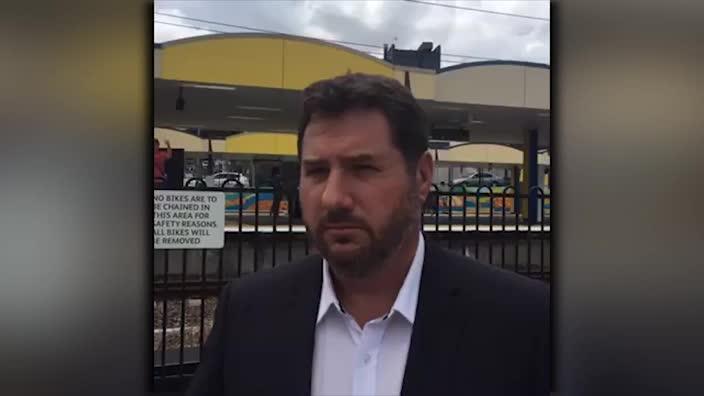
Skinner got his first job at QR after leaving school in 1979. He left in 2005, returning in 2012. He was the first to face the music over the current train debacle, being stood down in October.
Skinner this week said he had previously resigned in 2005 as he then had “had enough”. He refused to comment further but said he had spoken to the Commission of Inquiry into the train driver shortages and expected to return to QR when the investigation was finished. At issue will be why a report for QR by consultants Indec warning of a “critical” driver shortage in January was not acted on or shared with Transport Minister Hinchliffe until well into the crisis. Skinner, Wright and Wright’s son-in-law Jay Kronenberg were among 26 staff involved in the Indec review.
Kronenberg was filling in as Citytrain general manager between July and December last year. He first joined QR in 1998 and became general manager operational co-ordination, risk and assurance in 2015. Kronenberg reported directly to Wright in both roles. A QR spokeswoman says of Kronenberg’s 2015 appointment: “A full merit-based internal and external recruitment process was carried out and Kevin Wright played no role in the process.
“Matters associated with the Indec report and train-crewing shortage form part of the investigations of the Commission of Inquiry currently being undertaken by Philip Strachan.”
An email trail released under Right to Information reveals Wright was sent a copy of the final Indec report but QR refuse to say when or what he did as a result of it.
Wright was criticised for taking a European holiday as the chaos unfolded in October after having extended a $37,525 study trip. He received a $77,000 performance bonus the same month.
Then QR CEO Helen Gluer was also on the trip but returned before the new Redcliffe line opening on October 3. The opening triggered the timetable implosion and exposed the driver shortages. Gluer resigned from the $735,000-a-year job in October over the problems. She declined to comment. Wright resigned in the wake of hundreds of Christmas Day train service cancellations. It is understood he was left no choice after his explanation of the meltdown was rejected by Hinchliffe.
QR did not comment on whether it had a cultural problem but says the flow of information to the Government is under examination.

